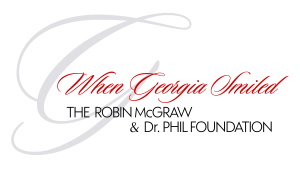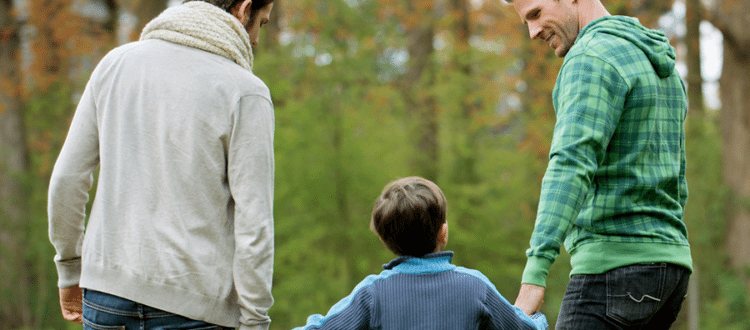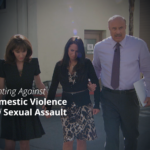Intimate Partner Violence in LGBTQ Communities – A Call to Get Involved
Intimate partner violence is a pervasive and deadly issue that also affects the lesbian, gay, bisexual, transgender, and queer (LGBTQ) communities. The complexities, challenges, barriers, and unique experiences of LGBTQ survivors of intimate partner violence are so vast that we will only be able to scratch the surface in this post.
21 LGBTQ people were killed due to intimate partner violence in 2013. LGBTQ people experience intimate partner violence at the same or higher rates as non-LGBTQ people. According to the Centers for Disease Control and Prevention, 44% of lesbian women and 61% of bisexual women have experienced physical violence, stalking, or rape as a result of intimate partner violence (IPV). Similarly, 26% of gay men and 37% of bisexual men experienced the same as a result of IPV. The CDC does not include rates of intimate partner violence that affect transgender people in their current research. NCAVP’s national research has also found that LGBTQ youth, people of color, gay men, bisexual people, and transgender women were the most impacted by IPV in 2013. What will it take for our communities to prioritize a form of violence which affects so many of us? The National Coalition of Anti-Violence Programs (NCAVP), a coalition of LGBTQ organizations working to end violence in their communities, confronts this question in our work every day.
LGBTQ survivors of intimate partner violence face a host of barriers to safety and support. Abusive partners can threaten to out survivors to family, friends, employers, withhold or destroy hormones, refuse to use the name or pronouns of the survivor, and isolate people from LGBTQ support systems. LGBTQ people can be revictimized by law enforcement or social service providers when reaching out for help. In a 2010 study by NCAVP and the National Center for Victims of Crime, surveying 648 domestic and sexual violence agencies, prosecutors’ offices, law enforcement, and victim services, 94% of respondents said they were not serving LGBTQ survivors. Law enforcement and social service providers may also have biased beliefs about LGBTQ intimate partner violence, like the larger or more masculine partner is always the abusive partner, or that violence within LGBTQ relationships is less serious. These myths can have devastating consequences. In 2013, NCAVP found that that 58% of LGBTQ survivors who called the police were arrested. Without appropriate services, survivors are left with less options to receive the support to heal, safety plan, obtain legal remedies and meet basic needs.
While LGBTQ survivors still face a host of challenges, some important progress has been made to address LGBTQ intimate partner violence. The recent reauthorization of the Violence Against Women Act has new protections for LGBTQ survivors for the first time. The issue of IPV in LGBTQ relationships has gained unprecedented visibility in recent years. And as more rights are being granted to LGBTQ people, survivors have more options for legal recourse. Still, there is much work to be done to address intimate partner violence in LGBTQ communities, and all communities. Survivors need access to critical services, and culturally competent responses. Our society needs to invest in intimate partner violence prevention efforts that include LGBTQ communities. And we must work to end all forms of oppression, including sexism, homophobia, biphobia, and transphobia. To find out ways to get involved and support LGBTQ survivors in your community, contact your nearest LGBTQ anti-violence program. Together, we can end this violence.
By: Chai Jindasurat
Chai Jindasurat is the Co-Director of Community Organizing and Public Advocacy for the New York City Anti-Violence Project (AVP), part of the National Coalition of Anti-Violence Programs (NCAVP). NCAVP is a national coalition that works to prevent, respond to, and end all forms of violence against and within LGBTQ and HIV-affected communities through data analysis, policy advocacy, education, and technical assistance. AVP empowers lesbian, gay, bisexual, transgender, queer (LGBTQ) and HIV-affected communities to end all forms of violence. Chai comes from a strong background of community organizing and advocacy, from his work as a campus organizer, peer-counselor, and community educator while in the LGBT Housing Liaison position at the University of Missouri-Kansas City to The Network/La Red as an LGBTQ anti-violence organizer in Boston, prior to joining the New York City Anti-Violence Project. Chai has been a featured guest on HuffPost Live, has presented for national audiences, and has been featured inl publications including the Huffington Post, the Advocate and the Boston Globe.


